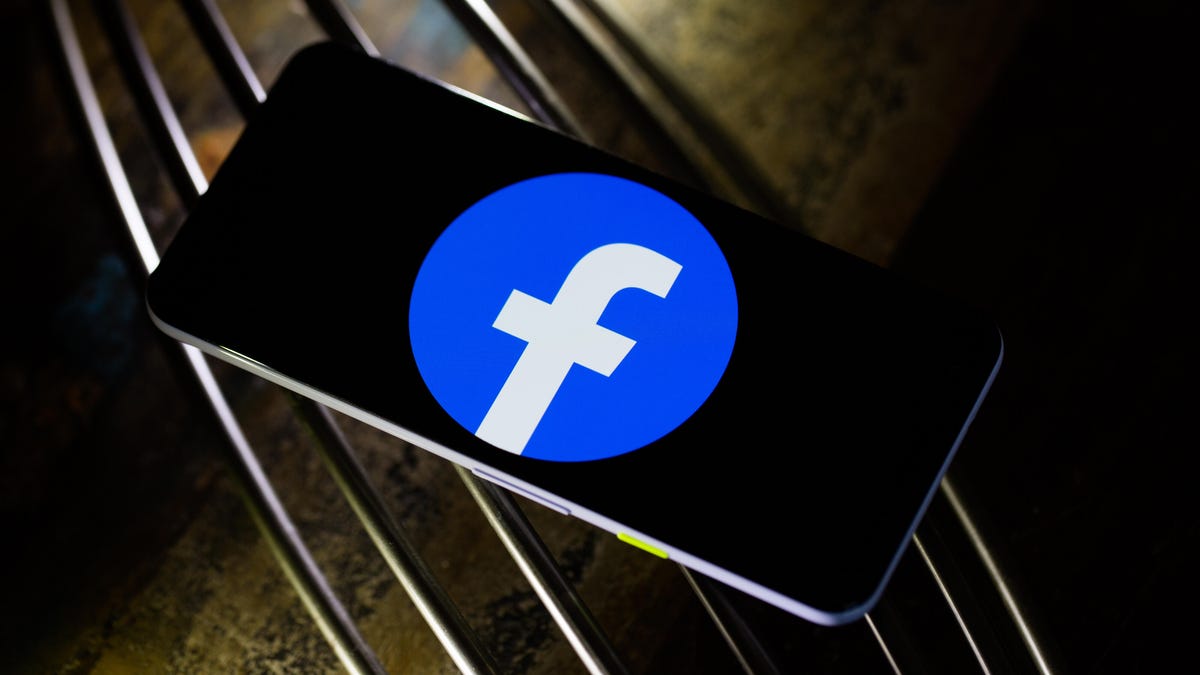Facebook reportedly tweaked algorithm to make a 'nicer news feed' following US election
The change highlighted authoritative news in an attempt to reduce election misinformation, reports The New York Times.

In the days following the US election on Nov. 3, Facebook CEO Mark Zuckerberg reportedly approved an emergency change to the social network's algorithm to show authoritative news more prominently in people's news feeds. The move was made to reduce the spread of election misinformation that was going viral on the social network, according to a report Tuesday from The New York Times.
Facebook reportedly increased the weight of an internal ranking it assigns to publishers called "news ecosystem quality," or N.E.Q., scores. This resulted in a visibility spike for mainstream publishers like CNN, The New York Times and NPR, according to the Times, and reduced the visibility of sites like Breitbart and Occupy Democrats.
During an employee meeting the week after the election, some Facebook workers asked if the "nicer news feed" could stay, according to the Times.
Facebook said any changes put in place due to sensitivity around the US election are meant to be temporary.
"There are many variables at play in every product decision we make, all aimed at creating the best possible experience for people," Facebook spokesperson Joe Osborne said in an emailed statement, adding that the Times report paints a "narrow impression" of the social network's decision process.
The internet was flooded with misinformation following the US presidential election. On social media, President Donald Trump has made repeated false claims that the election was stolen, prompting Twitter to slap warning labels on multiple posts. Additionally, baseless claims of election fraud from a variety of sources have appeared on Facebook, Twitter and YouTube.
In addition to the reported algorithm change, Facebook has also taken several public steps to combat misinformation around the election, including shutting down large groups that pushed false election-fraud claims, limiting political ads and directing people to election information from authoritative sources. Facebook reportedly prepared several tools to help calm any post-election unrest in the US.

